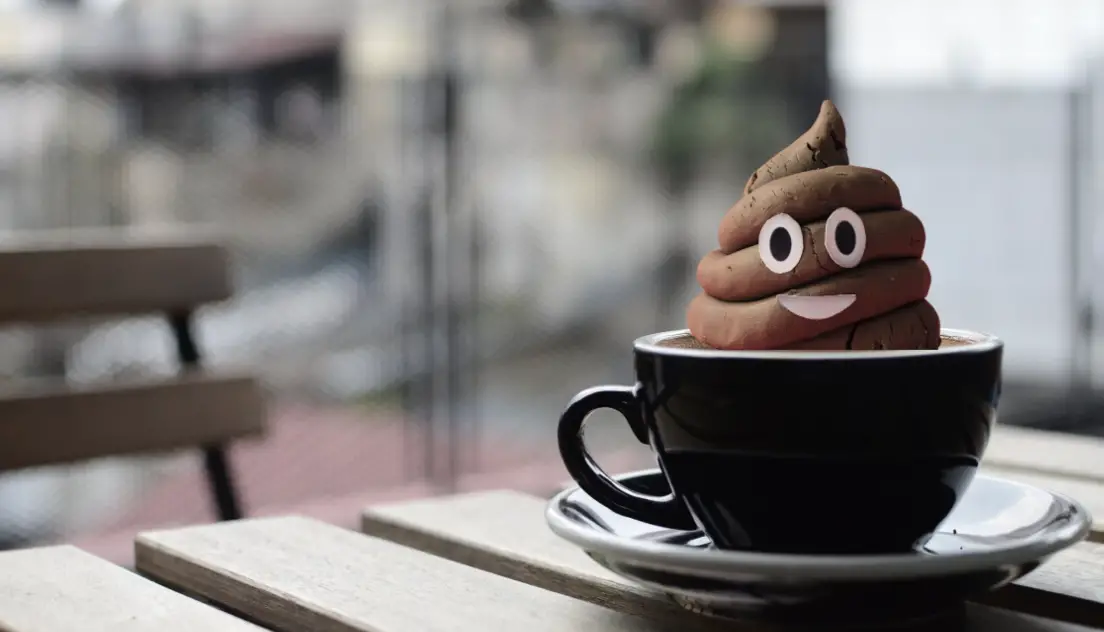For many coffee lovers, the energizing aroma and robust flavor of a freshly brewed cup of coffee are the perfect way to kick-start the day. However, some people have experienced the not-so-delicate side effect of a visit to the restroom after enjoying their favorite beverage. If you’ve ever wondered why coffee seems to have a magical effect on your digestive system, you’re not alone. In this blog post, we’ll dive into the science behind why coffee makes you poop and explore the factors at play in this natural phenomenon.
- The Power of Caffeine:
Caffeine is a central nervous system stimulant found in coffee that can trigger various physiological responses, including an increase in heart rate and alertness. One of the lesser-known effects of caffeine is its ability to stimulate the gastrointestinal (GI) tract. When consumed, caffeine can increase the rhythmic contractions of the intestines, known as peristalsis, which propels stool through the digestive system at a faster rate. This accelerated movement can lead to the urge to visit the bathroom shortly after drinking coffee.
- Gastrocolic Reflex:
The gastrocolic reflex is another reason why coffee may have a laxative effect on some individuals. This reflex is a natural response of the body’s GI tract, where the presence of food in the stomach triggers contractions in the colon to empty its contents. Consuming coffee can activate the gastrocolic reflex, which may lead to an increased urge to have a bowel movement.
- Acidity and Gastric Secretions:
Coffee is mildly acidic, which can stimulate the production of gastric acids in the stomach. For some people, the increased acidity can irritate the lining of the stomach and trigger a laxative effect. Additionally, the release of gastric acids can contribute to the relaxation of the lower esophageal sphincter, potentially leading to acid reflux and the sensation of needing to use the bathroom.
- Osmotic Effect of Coffee:
Coffee contains soluble fibers, such as pectin and arabinogalactans, which can have an osmotic effect on the intestines. This means that the fibers draw water into the colon, softening stool and promoting bowel movements. The osmotic effect, combined with the other factors mentioned above, can contribute to the laxative effect of coffee.
Conclusion:
The relationship between coffee and its impact on bowel movements is a multifaceted interplay of caffeine’s stimulating properties, the gastrocolic reflex, increased gastric secretions, and the osmotic effect of soluble fibers. While the laxative effect of coffee can be more pronounced in some individuals than others, it is generally a normal and harmless bodily response. For most people, moderate coffee consumption is unlikely to cause any significant digestive issues. If you find that coffee affects your digestive system in an uncomfortable way, consider experimenting with different coffee blends, brewing methods, or reducing your caffeine intake. As with any dietary consideration, it’s essential to listen to your body and adjust your habits accordingly. So, the next time you savor your morning cup of coffee and feel the gentle call of nature, know that it’s simply a natural response to the fascinating science of coffee and your digestive system at work. Happy sipping and happy pooping!
